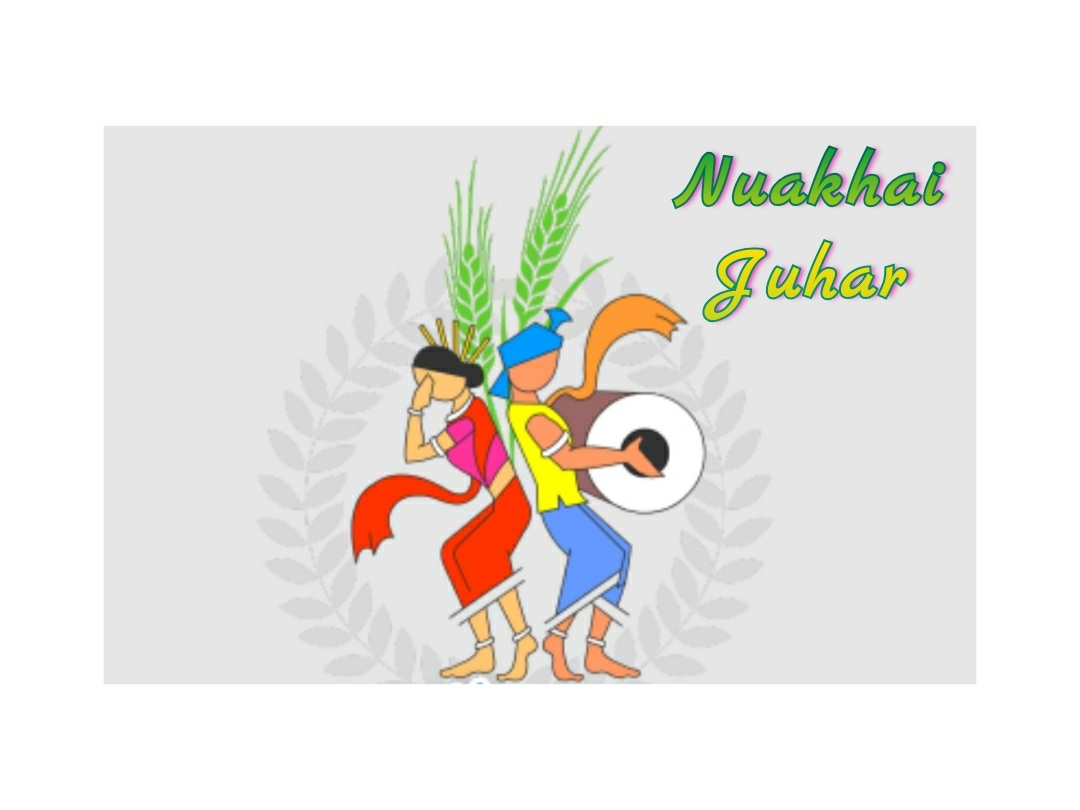Bhubaneswar: Nuakhai is an annual harvest festival in Odisha, celebrated to welcome the season’s new rice. Celebrated a day after Ganesh Chaturthi, Nuakhai is the most auspicious and important social festival in Western Odisha and the neighbouring areas of Simdega in Jharkhand. The word ‘nua’ translates to new and ‘khai’ means food – the name of the festival signifies the possession of new rice in granaries, an event that calls for revelry.
People staying in distant lands come back to their native places, wear new clothes and offer prayers before the God and eat delicious foods prepared from the newly harvested crops.
Nuakhai festival traces it origin to the Vedic period where the sages or Rishis used to talk about Panchyajna. One among them was Pralambana yajna which means the cutting of new crops and offering them to mother goddess as followed in Nuakhai festival.
Although it has lost its significance over the centuries, oral tradition of this festival dates back to 12th century A.D. when this festival was celebrated by Chauvan Raja Ramai Deo at Patanagarh which is currently known as Bolangir district of Odisha. The king knew the relevance of agriculture for the economic development of the state and hence the celebration of Nuakhai festival promoted the agrarian way of life in the Western Odisha region instead of the previously practiced hunting and gathering.
Though celebrated throughout the state, the districts of Kalahandi, Sambalpur, Balangir, Bargarh, Sundargarh, Jharsuguda, Sonepur, Boudh and Nuapada are the best places to experience Nuakhai in Odisha. These places of rich history have a sizeable high tribal population, and hence, a great destination to experience the cultures.
Huge ceremonies take place in the ‘pithas’ (temples) of Samaleswari, Pataneswari, Sureswari, and Manikeswari deities.
Community functions called “Nuakhai Bhetghat” are organised at various public places throughout the state. One can immerse in the local culture of Odisha, and witness traditional Sambalpuri dance forms like Rasarkeli, Dalkhai, Maelajada, Chutku Chuta, Sajani, Nachnia, and Bajnia.
Traditional delicacies add a unique flavour to the season.








